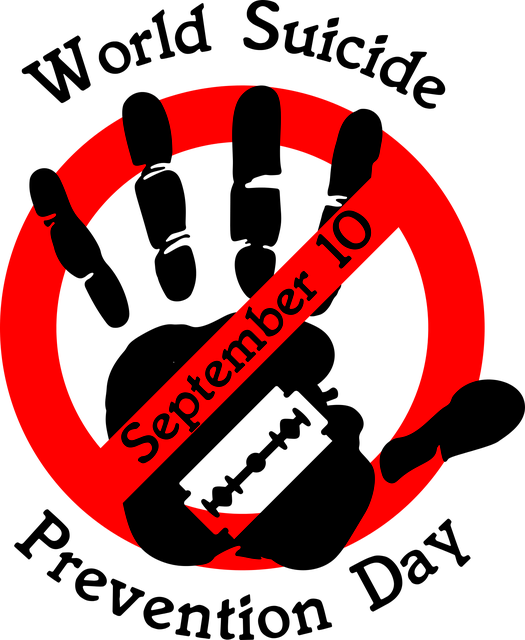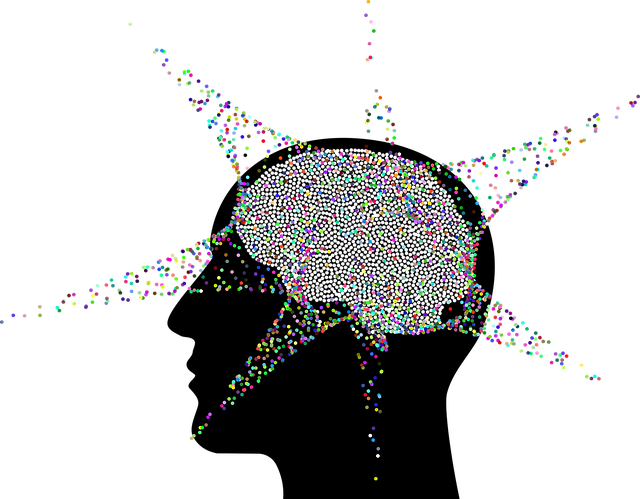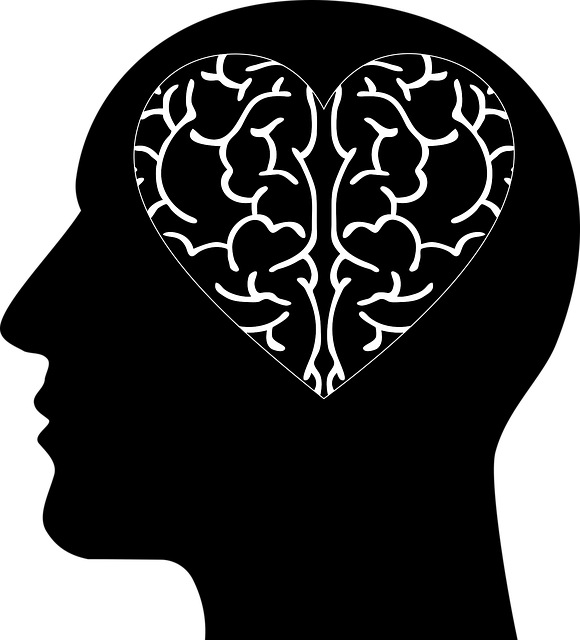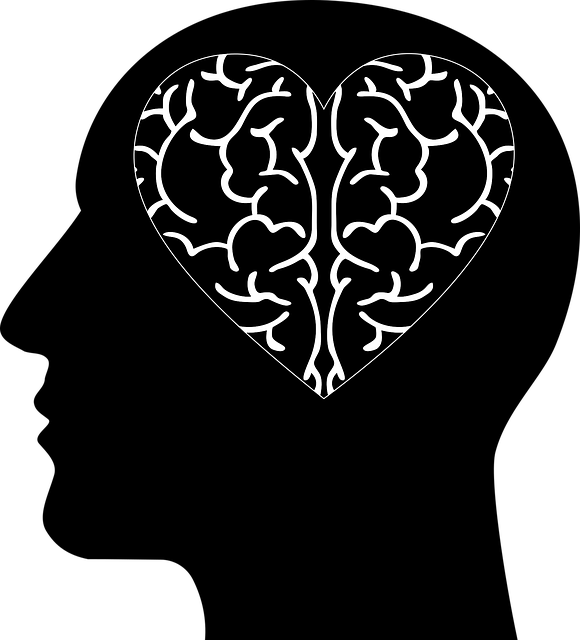Wheat Ridge Cognitive Behavioral Therapy (WRCBT) focuses on building resilience through the RFM model—Resources, Strengths, and Mastery—to empower individuals facing mental challenges. This approach integrates CBT techniques like mindfulness and Trauma Support Services to modify negative thought patterns, reduce stress, and enhance emotional control. Success is measured by setting clear goals, tracking progress, and adjusting strategies based on self-reported moods and well-being over time, ensuring the program's effectiveness and relevance.
In today’s fast-paced world, building resilience is paramount. This article explores the implementation of RFM (Resilience Factor Model) and its role in enhancing Wheat Ridge Cognitive Behavioral Therapy (WRCBT). We delve into practical exercises designed to strengthen cognitive behavioral techniques, focusing on strategies proven effective in fostering adaptability and coping mechanisms. Through measuring success and adjusting approaches, this comprehensive guide aims to optimize the benefits of WRCBT, offering a path towards enhanced mental well-being for individuals in Wheat Ridge and beyond.
- Understanding RFM and Its Role in Resilience Building
- Implementing Exercises for Strengthening Cognitive Behavioral Therapy in Wheat Ridge
- Measuring Success and Adjusting Strategies for Optimal Results
Understanding RFM and Its Role in Resilience Building

Resilience is a crucial aspect of mental well-being, enabling individuals to navigate challenges and adapt to life’s ups and downs. Wheat Ridge Cognitive Behavioral Therapy (WRCBT) recognizes this and employs techniques like RFM (Resource, Strengths, and Mastery) to enhance resilience. RFM is a structured framework that helps clients identify and leverage their resources, strengths, and past successes, thereby fostering a sense of control and confidence in facing future adversity.
In the context of WRCBT, understanding RFM involves recognizing one’s available support systems, personal capabilities, and previous achievements. This knowledge serves as a foundation for building resilience by promoting self-awareness exercises and conflict resolution techniques. By focusing on these aspects, individuals can develop effective coping strategies, boost their confidence, and strengthen their overall mental resilience, ultimately leading to improved well-being.
Implementing Exercises for Strengthening Cognitive Behavioral Therapy in Wheat Ridge

In Wheat Ridge, the implementation of exercises aimed at strengthening Cognitive Behavioral Therapy (CBT) is a significant step in enhancing mental health services. CBT, known for its effectiveness in treating various psychological disorders, focuses on identifying and changing negative thought patterns and behaviors. By integrating specific exercises into therapy sessions, practitioners can help clients develop crucial skills to manage their mental well-being. These exercises might include mindfulness meditation techniques, which have been shown to reduce stress and anxiety, thereby fostering a sense of calm and clarity.
Incorporating Trauma Support Services within CBT practices is another powerful strategy. Many individuals in Wheat Ridge may benefit from these services as they address underlying trauma that could be contributing to mental health challenges. Mind Over Matter principles, when applied through structured exercises, empower clients to take control of their thoughts and emotions. Such exercises not only strengthen the CBT process but also create a holistic approach to healing, ensuring clients receive comprehensive support for their mental health journeys.
Measuring Success and Adjusting Strategies for Optimal Results

Measuring success is a critical aspect of implementing resilience-building exercises, especially when utilizing Wheat Ridge Cognitive Behavioral Therapy (WRCBT) techniques. Therapists and practitioners should establish clear goals and outcomes to evaluate the effectiveness of these strategies. This involves tracking participant progress, self-reported moods, and overall emotional well-being promotion techniques over time. By collecting such data, professionals can identify what’s working and what needs adjustment for optimal results.
Adjusting strategies is an iterative process that requires flexibility and a deep understanding of individual needs. If stress management remains a primary concern, therapists might need to tweak the exercises, incorporate new activities, or change the frequency of sessions. This ongoing evaluation ensures that the resilience-building program stays relevant, effective, and tailored to each participant’s unique journey towards improved emotional well-being.
The implementation of RFM and resilience-building exercises has shown significant potential in enhancing Wheat Ridge Cognitive Behavioral Therapy. By combining robust strategies from RFM with the principles of cognitive behavioral therapy, practitioners can create a powerful framework for fostering resilience. Measuring success through careful assessment and adjusting strategies accordingly ensures optimal results, benefiting individuals seeking mental health support in Wheat Ridge and beyond.














